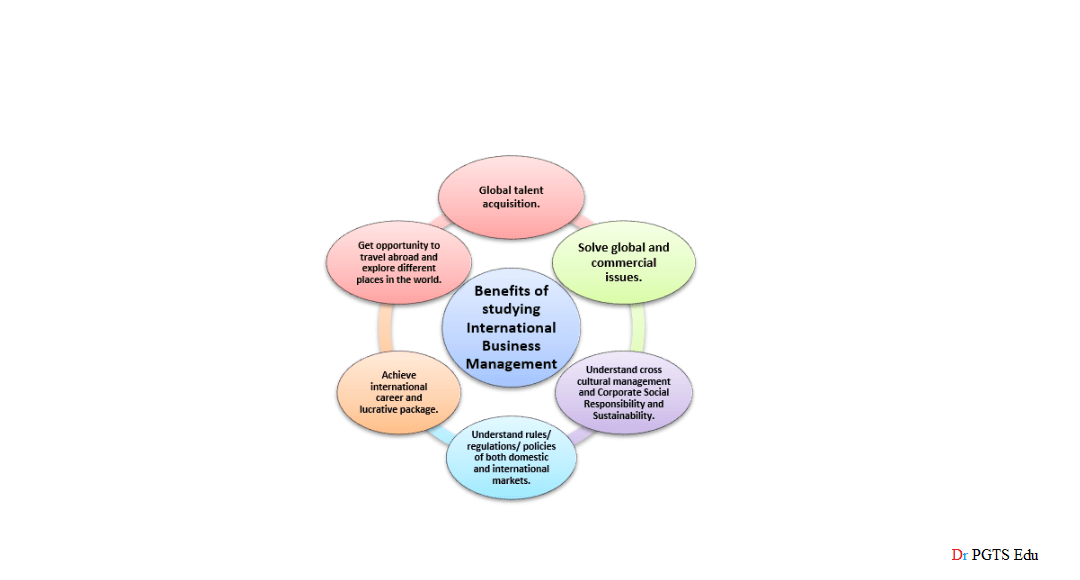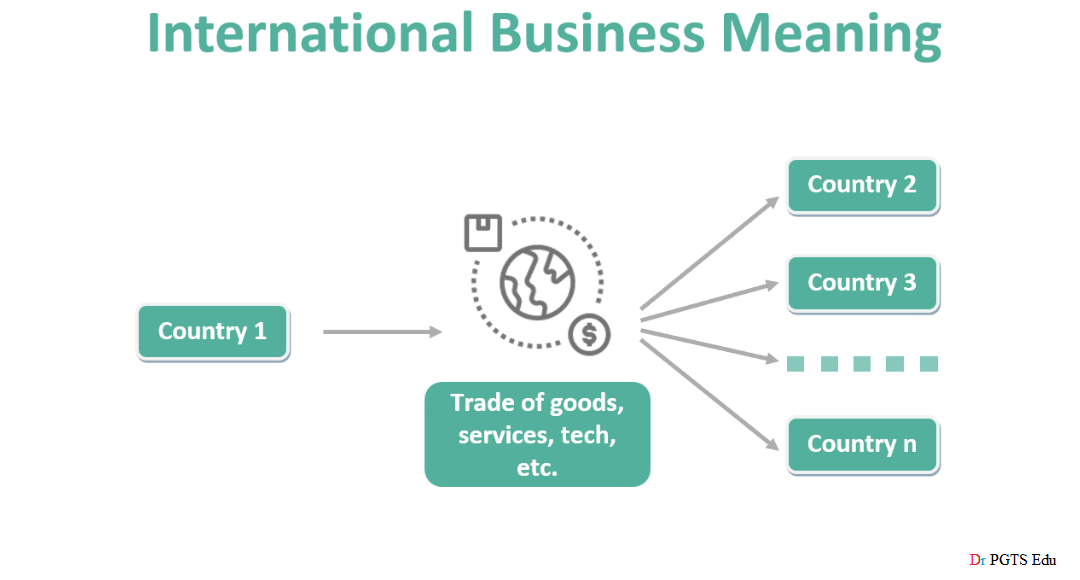International Business expanding internationally is an ambitious yet rewarding endeavor. In 2025, globalization, digital transformation, and shifting economic landscapes present both opportunities and challenges for businesses looking to establish themselves on the global stage. This guide will walk you through the essential features, functions, types, marketing strategies, benefits, drawbacks, and insights into international business in India.
International Business Key Features
A successful international business shares several defining characteristics:
- Cross-Border Transactions – Deals involve multiple countries, requiring businesses to comply with different regulations and trade laws.
- Diverse Market Presence – Companies expand into various international markets to tap into new customer bases.
- Currency Exchange and Risks – Global businesses deal with multiple currencies, which can fluctuate due to economic conditions.
- Cultural Adaptation – Adapting products and services to fit local tastes, languages, and traditions is crucial.
- Global Supply Chain Management – Logistics, sourcing, and distribution are complex and require efficient coordination.
- Technological Integration – Digital tools, e-commerce, and artificial intelligence (AI) help streamline operations and improve efficiency.
Functions of International Business
An international business operates across various functions, including:
Import and Export – Trading goods and services between countries.
Foreign Direct Investment (FDI) – Establishing production or business operations in another country.
Joint Ventures and Partnerships – Collaborating with foreign companies to gain local market insights and expertise.
Licensing and Franchising – Granting rights to foreign entities to sell or distribute products.
E-Commerce and Digital Trade – Using online platforms to sell goods and services globally.
Types of International Business
There are several types of international business models, including:

- Multinational Corporations (MNCs) – Companies that have operations in multiple countries, such as Apple, Coca-Cola, and Samsung.
- Exporting Firms – Businesses that sell domestically produced goods to international markets.
- Importing Companies – Businesses that bring foreign goods into the domestic market.
- Transnational Companies – Organizations that operate globally but adapt products to local preferences.
- E-commerce and Online Businesses – Digital platforms like Amazon and Alibaba that facilitate international trade.
Global Marketing Strategies for International Business
Marketing plays a crucial role in global expansion. Here are key strategies:
Market Research – Understanding customer preferences, cultural norms, and competition in different regions.
Localized Advertising – Adapting promotional content to suit local languages and cultural references.
Social Media & Influencer Marketing – Leveraging digital platforms like Instagram, TikTok, and LinkedIn to reach global audiences.
SEO & Content Marketing – Optimizing websites and blogs for international search engines.
Pricing Strategy – Adjusting pricing based on economic conditions and purchasing power in different regions.
Brand Positioning – Establishing a strong global identity while maintaining local relevance.
Merits of International Business
Expanding globally comes with several advantages:

- Increased Revenue Potential – Access to a larger customer base means higher sales and profits.
- Diversification of Markets – Reduces reliance on a single economy and mitigates risks.
- Competitive Advantage – Establishing a global presence strengthens brand recognition and credibility.
- Innovation & Growth – Exposure to international trends and ideas fosters innovation.
- Economic Contributions – Encourages investment, job creation, and economic development.
Demerits of International Business
Despite its advantages, international business has challenges:
- Regulatory & Compliance Issues – Navigating different laws and regulations can be complex.
- Cultural Barriers – Misunderstanding local customs can affect business relationships.
- Economic Instability – Currency fluctuations and inflation can impact profitability.
- Political Risks – Trade restrictions, sanctions, or policy changes can disrupt operations.
- Operational Challenges – Logistics, supply chain management, and customer service need careful planning.
International Business in India
India has emerged as a global business hub due to its vast market, skilled workforce, and government reforms. Key aspects include:
Make in India Initiative – Encourages foreign investment and domestic manufacturing.
Booming E-Commerce Sector – Companies like Amazon, Flipkart, and JioMart are transforming online trade.
IT & Outsourcing Leadership – India is a top destination for IT services and BPOs.
FDI Policies & Trade Agreements – Favorable government policies attract international businesses.
Challenges – Bureaucratic red tape, infrastructure gaps, and tax complexities remain hurdles.
Building a thriving international business in 2025 requires strategic planning, adaptability, and leveraging digital tools. While globalization presents endless opportunities, businesses must navigate cultural, economic, and operational challenges to succeed. With strong marketing, innovation, and resilience, companies can achieve global domination and establish a lasting presence in international markets.
Read also: International business meaning importance its forms
Marketing Management secrets what top brands wont tell you

